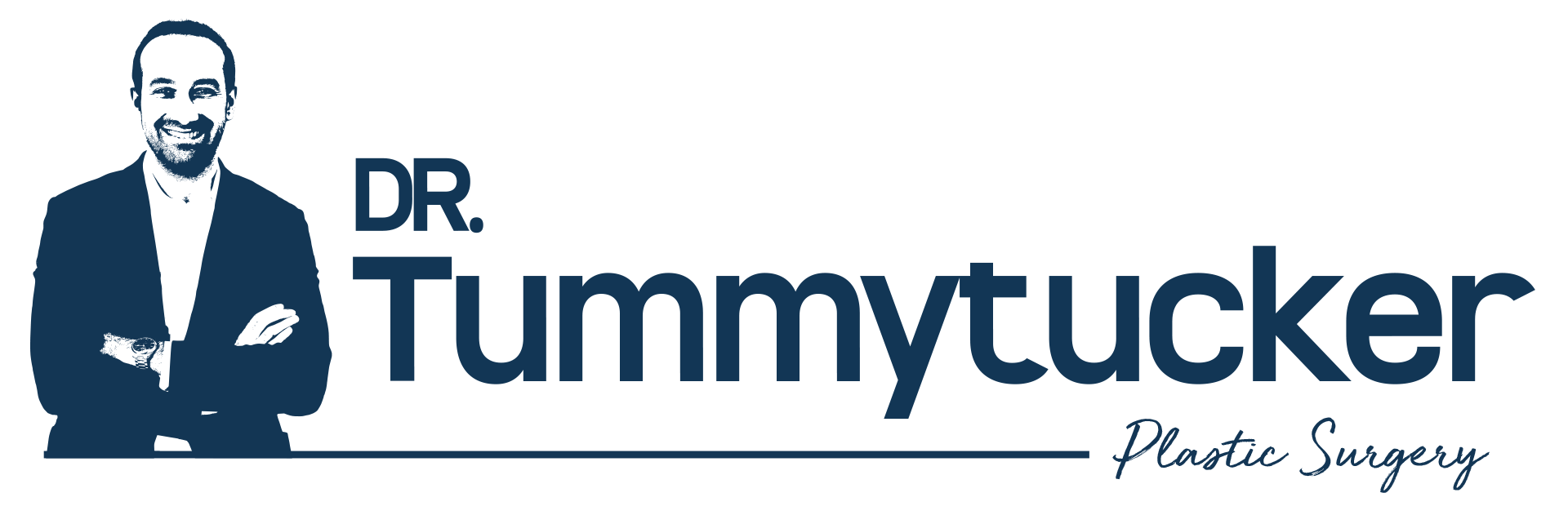FAQ
Finding a well-trained, experienced plastic surgeon is one of the most important steps in ensuring that you achieve the results you want.
A board certification means that the American Board of Plastic Surgery (ABPS) pronounced the plastic surgeon to be one of the leading experts in the nation. The ABPS is the only board that certifies plastic surgeons. Those who are board-certified meet rigorous standards, graduate from an accredited medical school, pass comprehensive exams and have at least six years of surgical training with a minimum of three years of plastic surgery residency training.
All of Penn Medicine’s plastic surgeons are board-certified and many have fellowship training in plastic surgery.
In addition to their board-certification, when you’re looking for an expert plastic surgeon, you should check:
- Professional memberships - Is the surgeon a member of the American Society of Plastic Surgeons (ASPS)? This professional society promotes education and standards among board-certified plastic surgeons.
- The facility - Is the surgeon on the staff of an accredited hospital? Hospitals can be accredited by any of several private and public organizations. The most common accrediting body is the Joint Commission.
No matter where you have a consultation, we recommend you get answers to the following questions to ensure your plastic surgery will be safe and successful.
- Tell me about your education and experience? Are you board-certified?
- What is your care philosophy?
- How long have you been performing plastic surgery?
- How frequently do you perform these procedures?
As with all surgical procedures, there is some risk of complications. You can reduce potential risks and complications by carefully following all pre- and post-surgery instructions provided to you by your surgeon and care team. This will ensure that you and your plastic surgeon are prepared and that your body is appropriately cared for before, during and after surgery.
Although many people are more open about their own cosmetic surgery, not everyone is. Rest assured that at our plastic surgery offices, your privacy is highly guarded.
At Penn Medicine, all new staff members must attend yearly training sessions in how to maintain patients' privacy. Following their first training, each new employee signs an agreement to follow privacy and confidentiality principles. Our physicians and support staff use extreme discretion with patient information.
In addition to surgical procedures, Penn Cosmetic Surgery offers a wide range of skin care services to improve and maintain the quality and appearance of your skin. Our licensed clinical aestheticians and micropigmentation specialists work closely with our plastic surgeons to design and execute individualized, innovative, medical-grade skin care treatments for you. They also ensure complementary treatments for maintenance following surgery.
Minimally invasive treatments can even out skin tone, remove unwanted hair growth, stimulate collagen production and reduce fine lines and wrinkles, creating a renewed and more youthful appearance.
After you have your surgery date set, we will schedule a history/physical within 30 days of the surgery with an advanced practice provider (nurse practitioner or physician’s assistant).
During this appointment, we will review your medical history, give you a physical exam, prescribe any post-operative medications, complete your blood work and order any imagery (if necessary) for surgery. We will also give you information about post-operative care and follow-up appointments.
While each person has a different pain threshold, your surgeon will prescribe appropriate pain medication to minimize discomfort. The practice will also discuss follow-up appointments and if you may need to take time off of work.
Time off work is individualized to the type of surgical procedure and the work being performed. The recovery process will be discussed in detail at your consultation.
Cosmetic surgery fees and costs vary based on procedure, as well as your body type and the type of work that may go into the procedure. The administrative assistant will discuss the breakdown of costs with you following the consultation.
Yes, there is a fee for your private and personalized consultation with one of our surgeons; however, if you decide to have your procedure done at Penn Medicine, the consultation fee will be subtracted from the procedure cost.
Insurance companies do not cover the costs of cosmetic procedures. Insurance providers will typically only cover those expenses related to diseases, illness and injury, including reconstructive procedures considered medically necessary because the condition interferes with the individual's health or ability to function normally.
Insurance carriers have different definitions for "cosmetic" and "medically necessary." In some cases, the insurer may determine that part of the surgery is medically necessary. The patient is then responsible for the part of the surgery the insurance company considers cosmetic.
If you have a question about insurance coverage, make sure you ask your plastic surgeon's office staff. They can work with your insurer to determine what may be covered.

Office Address:
Harbiye Mah. Mim Kemal Öke Cad. Erenler Apt. No:12 Daire: 1 Nişantaşı, Şişli - İstanbul
Working Hours:
Mon-Thu: 8:00am-5:00pm
Fri: 8:00am-1:00pm
